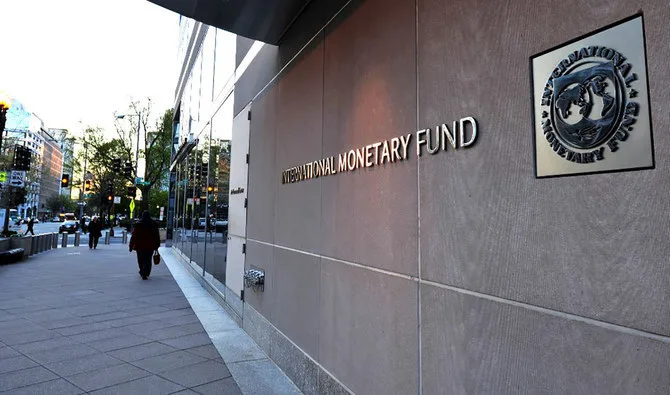Developing Countries like India, Indonesia and Vietnam etc. have successfully reoriented their economies towards self-reliance and sustainability after completing International Monetary Fund (IMF) programs.
India
India’s last IMF adjustment program was the Stand-By Arrangement (SBA) in 1991, whereby it implemented a series of reforms liberalizing the economy.
Following completion of the program, India adopted sweeping reforms that opened up the economy for foreign investors through policies more conducive to privatization and foreign direct investment in addition to significant industrial and trade liberalization; financial deregulation; and improvements in supervisory and regulatory systems.
Indonesia
Indonesia last sought IMF assistance under the Extended Fund Facility (EFF) in 2000, implementing a series of economic reforms including fiscal consolidation, monetary policy adjustments, financial sector restructuring, and trade liberalization.
Following completion of the IMF program, Indonesia embarked on a path of economic recovery and structural transformation by adopting political and economic reforms that served the country well.
Vietnam
Vietnam entered in IMF program through a three-year arrangement under the Poverty Reduction and Growth Facility (PRGF) in 2001. It pursued economic reforms and opened up its economy to foreign investment.
Over the years, Vietnam has experienced rapid growth and poverty reduction.
